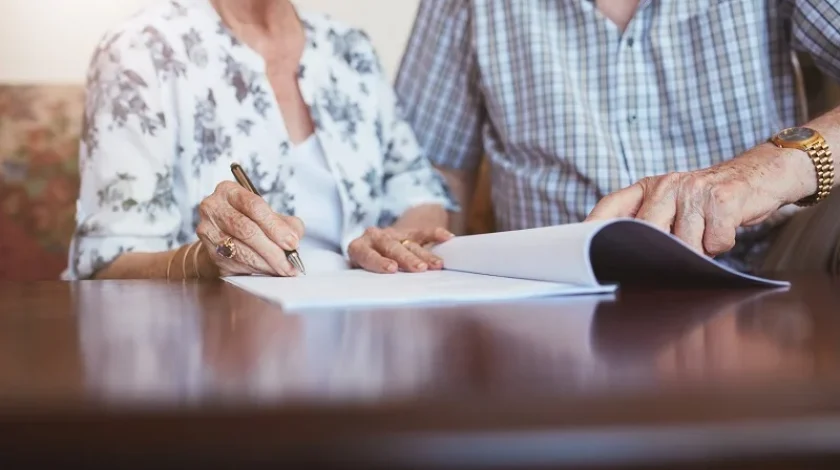First introduced on 6 March 2020, the amnesty window closes in mere weeks.
Who can benefit? All employers, including small employer companies where the only compulsory super is for the benefit of the owner.
The amnesty avoids hefty Part 7 penalties (up to 200%), the per employee administration component and some interest. Also, without the amnesty the late paid super is not tax deductible, with it this is.
Here are some key points you need to know:
- Self-review by 6 September 2020 (or sooner!)
There will be at least 1 day to apply for the SGC Amnesty if it is needed.
Even the most organised and careful employer can find a hidden SGC error. Doing the review now can identify the mistakes that can come under amnesty protection. It is not only prudent, it is a must, for all employers to use the next month to undertake a thorough review of their prior superannuation guarantee payments to determine if there is any potential SGC issues.
It is only after undertaking such a review that an employer will know whether or not the SGC Amnesty is relevant to them.
- Who is Eligible?
Any employer (big or small) who has an undisclosed SGC shortfall between 1 July 1992 to 31 March 2018 is eligible. The SGC Amnesty will not apply where the ATO has commenced or indicated that it will be commencing an SGC review of an employer for the relevant quarters.
- Is the Business affected by COVID-19?
Where the employer’s business has been affected by COVID-19, the ATO has accepted that the SGC Amnesty will still apply when the employer enters into and complies with a payment arrangement for the SGC liability.
- When does SGC arise?
SGC applies automatically where superannuation guarantee in respect of an employee (including directors) is unpaid, underpaid or paid late (after the 28th day following the end of the quarter). This is known as a superannuation guarantee shortfall. There is no discretion for the SGC provisions to be waived.
The SGC liability amount is comprised of:
- the superannuation guarantee shortfall amount based on total salary and wages (not ordinary time earnings); plus,
- interest on the shortfall amount (currently 10%); plus,
- administration component ($20 per employee per quarter).
- What are the benefits to coming forward under the SGC Amnesty?
Firstly, to fix up any prior errors without incurring any Part 7 penalties or the additional administration component of the SGC liability.
In this writer’s experience, it is usually the Part 7 Penalties which makes an SGC liability a crippling debt. Part 7 Penalties are automatically applied at 200% of the SGC liability amount where the employer has triggered the SGC provisions and has failed to lodge an SGC statement within the relevant time required following the relevant quarter. It is only by a remission mechanism that the Commissioner has the ability to reduce the Part 7 Penalties.
For example, if an employer has an SGC liability of $25,000 and did not lodge SGC statements within time, then subject to any remission that is granted, the employer could be facing $50,000 of Part 7 Penalties in addition, meaning the total liability will be $75,000! Under the amnesty the penalty is waived.
The ATO has already stated that after 7 September 2020 when the amnesty no longer applies they will press for penalties of between 200% and 100% for SGC liabilities. Further under the SGC Amnesty, the paying employer can claim a deduction. From 7 September 2020, SGC back-payments will not be tax deductible.
- Why act now?
In recent years the ATO’s ability to detect unpaid superannuation (or late paid superannuation) has increased through its ever-growing data matching capabilities and as a result of more frequent reporting by employers and superannuation funds.
No doubt, following 7 September 2020, we will be seeing the ATO in full swing using their resources to detect SGC liabilities of employers. But don’t wait for 7 September 2020! The ATO have already started their data matching processes and if the ATO approaches the employer first, then the employer will not be eligible for the SGC Amnesty for such quarters.
- How to Apply
To apply you need to complete and lodge the SG – Amnesty Form 2020 for the relevant quarters no later than 7 September 2020.
You can find a copy of the form using the link below: https://www.ato.gov.au/businesses-and-organisations/super-for-employers/missed-and-late-super-guarantee-payments/the-super-guarantee-charge/superannuation-guarantee-amnesty
Of course, should you have any questions about the SGC Amnesty or SGC more generally, please do not hesitate to reach out to a member of Coleman Greig’s Superannuation Team, who would be more than happy to assist you today.














